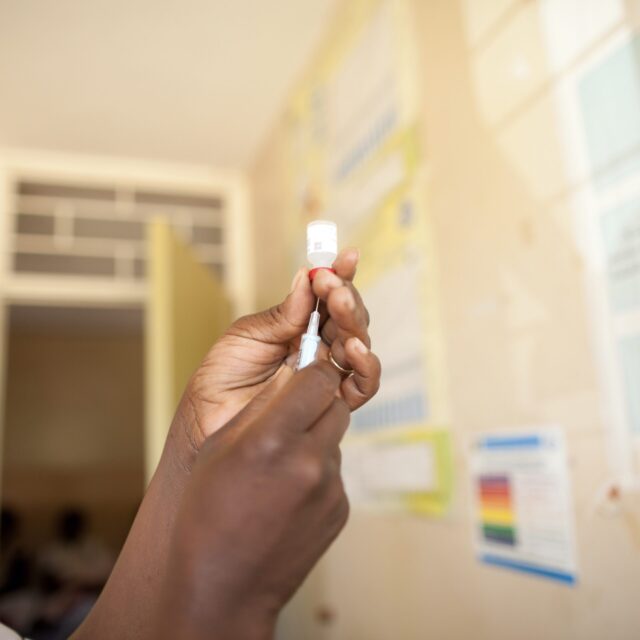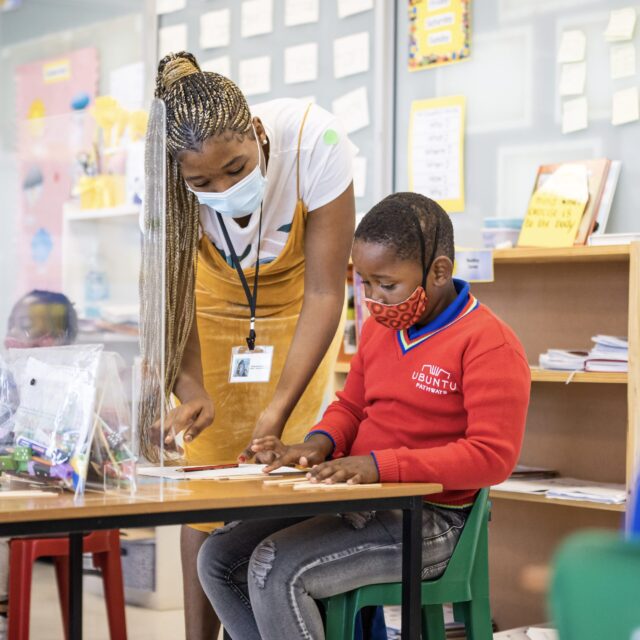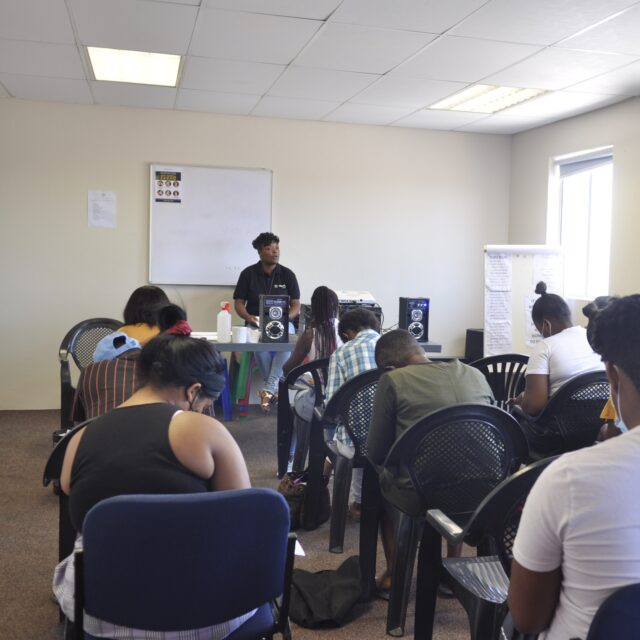The entire world is overwhelmed by a virus that has stalled economic construction efforts that have been in place for more than a century, and continues to threaten millions of jobs worldwide. In the quest for recovery, countries, and leaders have directed the efforts of the world’s laboratories to find a vaccine as quickly as possible. Scientists have taken unprecedented steps to create safe and effective vaccines and offer immunity to humanity. In this race, Africa was not outdone.
Before the 2014-2016 Ebola epidemic that killed more than 11,000 people in West Africa, the virus was already known to the world since 1976, and the National Microbiology Laboratory in Winnipeg, Canada had already been working on an Ebola vaccine for years to fight it. Following the epidemic, clinical trials were conducted between 2014-2015, and the vaccine was approved in 2019. The process was long and required several validations before implementation. For the COVID-19 vaccine, the usual steps taken to create a vaccine are happening parallel to each other, shortening the process to create a vaccine because the spread of the virus is unprecedented and its threat to the global economy is daunting.
An unprecedented scientific achievement
Breakthroughs in technology and the efforts of laboratories in Europe and the United States have made it possible to roll out successful vaccines in record time. As of mid-February 2021, at least seven different vaccines, with varying effective rates, have been rolled out in different countries and at the same time, over 200 additional vaccine candidates are in development, of which more than 60 are in clinical development. Vaccination against COVID-19 has now started in over 130 countries.
Doses for Africa available
In this race for the vaccine, Africa is not outdone. Morocco holds the torch, having procured enough doses to fully vaccinate 33 million people, and has already vaccinated over 4 million people. The continent is proactive in this fight against COVID-19, and this has been the case since the beginning of the pandemic with measures that have significantly limited the spread of the virus. Morocco, which planned to vaccinate 80% of its population within three months, commenced vaccination in January after receiving an initial supply from AstraZeneca and Sinopharm.
In addition, most African countries participate in COVAX, a global initiative by the World Health Organization, Gavi, the Vaccine Alliance, and the Coalition for Epidemic Preparedness Innovations. This initiative is also a commitment to deliver at least 2 billion doses of COVID-19 vaccines by the end of 2021. This approach is in line with the demand of Senegalese parliamentarian and ONE Champion, Marième Soda Ndiaye. “It is also interesting to guarantee a vaccine accessible to all because an unequal world and an unequal health system would not be adequate for everyone. We advocate that we have a vaccine that can be accessible to everyone and that everyone can benefit from,” Marième said.
How Africa should prepare for the next pandemic
This arsenal of resources around a vaccine must challenge all African states. According to data from Policy Cures Research, as of October 2020, $5.4 billion has been spent on COVID-19 vaccine research and development alone worldwide, including $2.6 billion by the U.S. government.
Humanity is certainly living through one of the pandemics, but what is certain is that it is not the last, and Africa must be prepared to take the necessary scientific steps. During this pandemic, African innovations have flourished to slow the spread of the virus and prove the ability of African talent to provide solutions to local equations. Now, in particular, decision-makers understand the importance of investing in health and especially in research.
For the COVID-19 vaccine, Africa will still be a market for the pharmaceutical industry. And yet, the continent’s potential is enormous to ensure greater effectiveness in a global strategy. Africa has a wide variety of plants available for research to be used locally. But before this can happen, laboratories must first be properly equipped. . The COVID-19 pandemic made it possible to equip a second testing laboratory in Dakar and the opening of the screening center at the Laquintinie Hospital in Douala, Cameroon. In addition to the urgency imposed by the pandemic to set up laboratories, abandoned factories are now starting up again and thus reducing the importation of drugs, and with the coronavirus, we see a renewed interest in natural medicine among the populations and also within the scientific and political communities.
Investing in development
Scientific research and higher education contribute to the development of countries, and as we’ve seen with the historic achievement of COVID-19 vaccines, investing in scientific development is of the utmost importance. In fact, countries such as South Africa, India, and China, which were considered underdeveloped a few years ago, have also emerged thanks to their strong commitment to scientific research and their investment in human capital.
That’s why African leaders must prioritize investing in human capital through scientific research and higher education, as it allows countries to develop at an accelerated pace.



